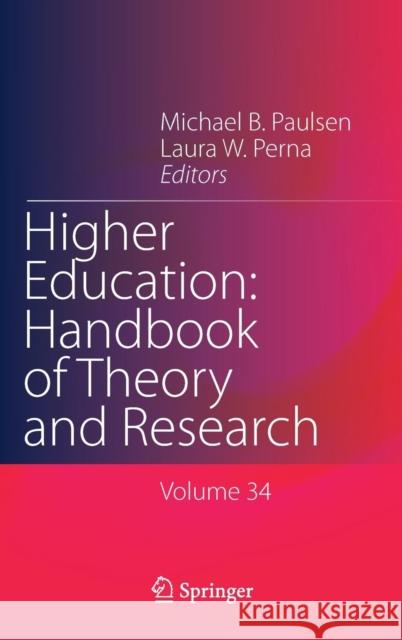Higher Education: Handbook of Theory and Research: Volume 34 » książka
topmenu
Higher Education: Handbook of Theory and Research: Volume 34
ISBN-13: 9783030034566 / Angielski / Twarda / 2019 / 663 str.
Kategorie:
Kategorie BISAC:
Wydawca:
Springer
Seria wydawnicza:
Język:
Angielski
ISBN-13:
9783030034566
Rok wydania:
2019
Wydanie:
2019
Ilość stron:
663
Waga:
1.11 kg
Wymiary:
23.39 x 15.6 x 3.66
Oprawa:
Twarda
Wolumenów:
01
Dodatkowe informacje:
Wydanie ilustrowane











